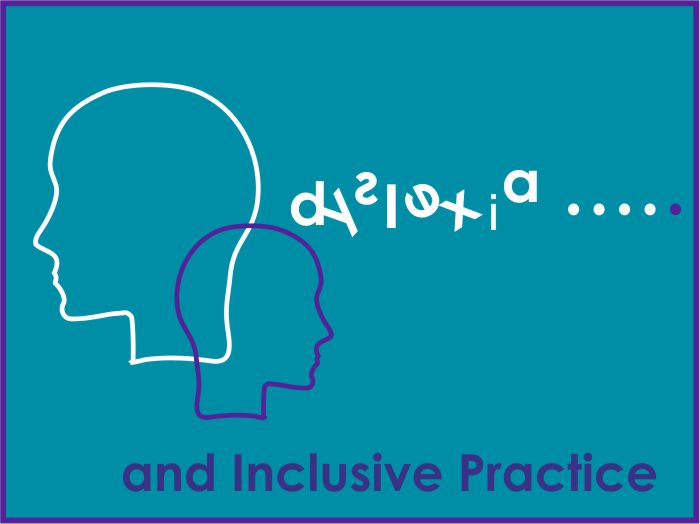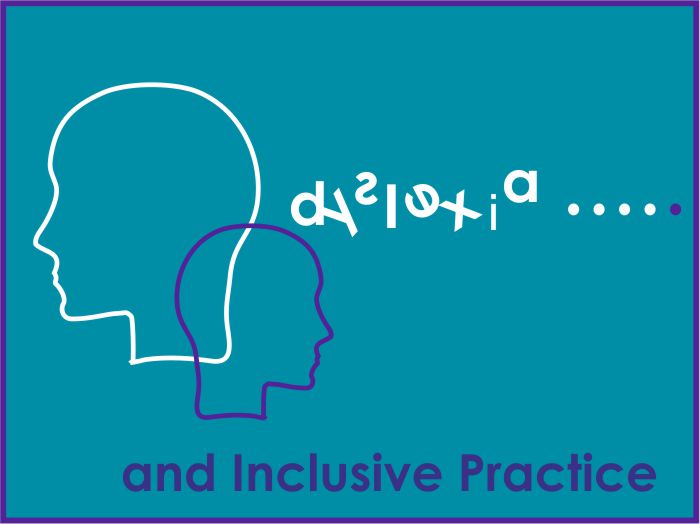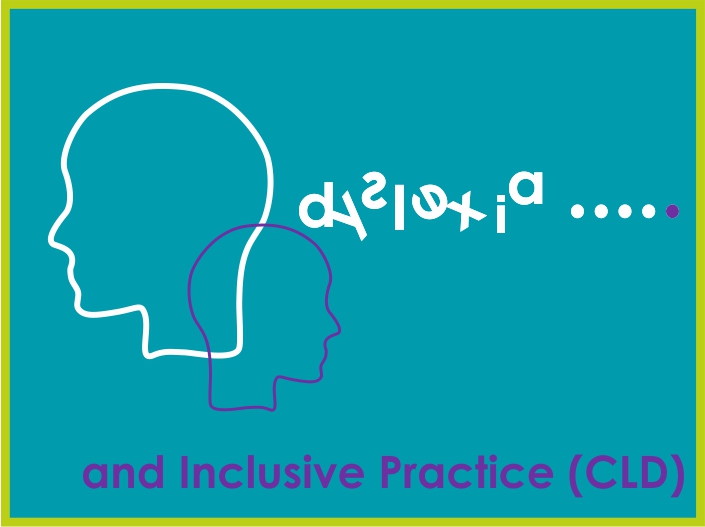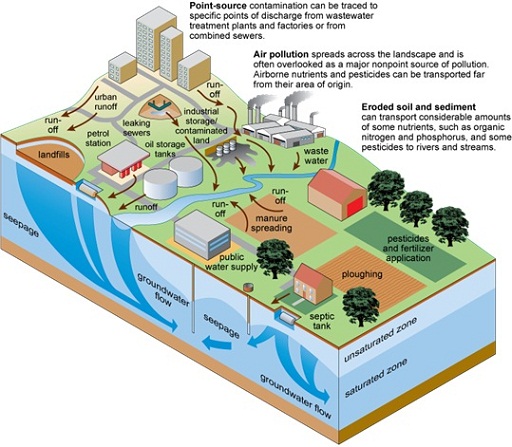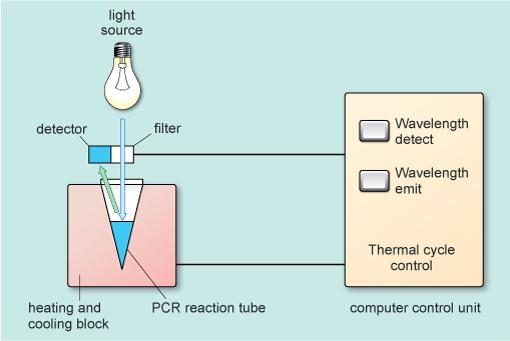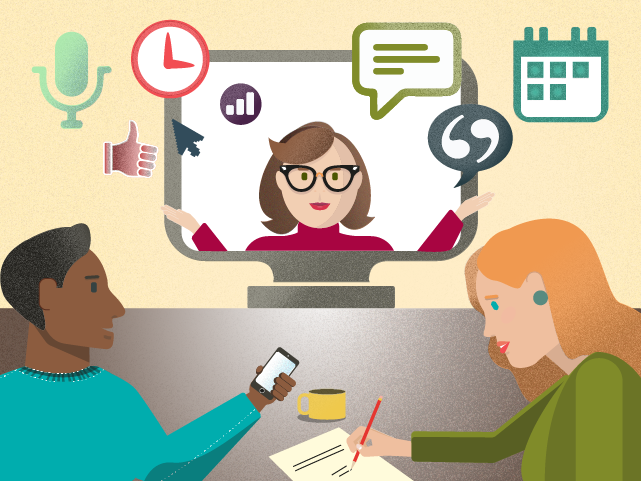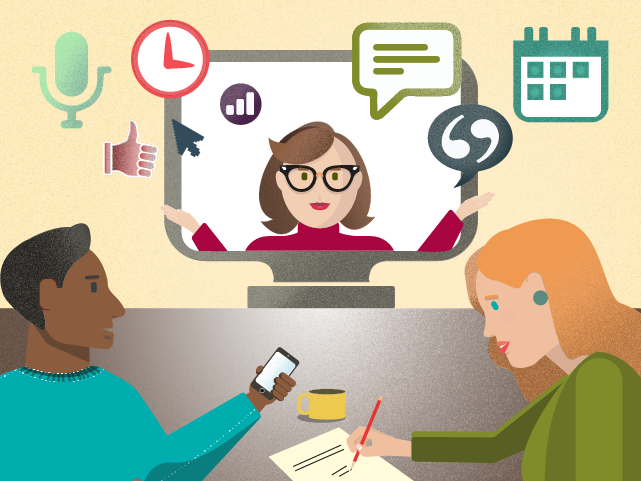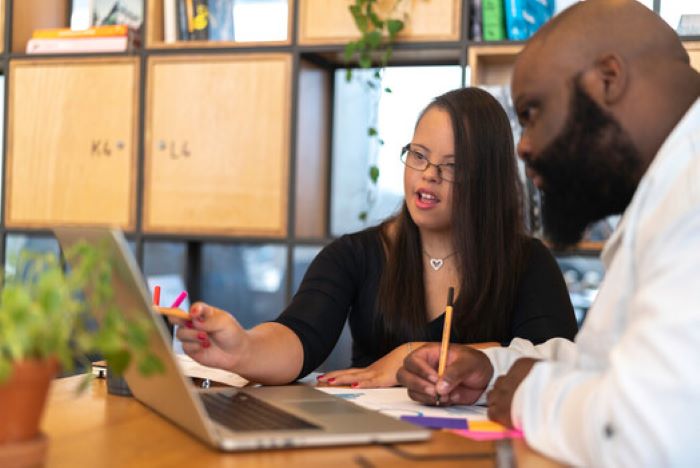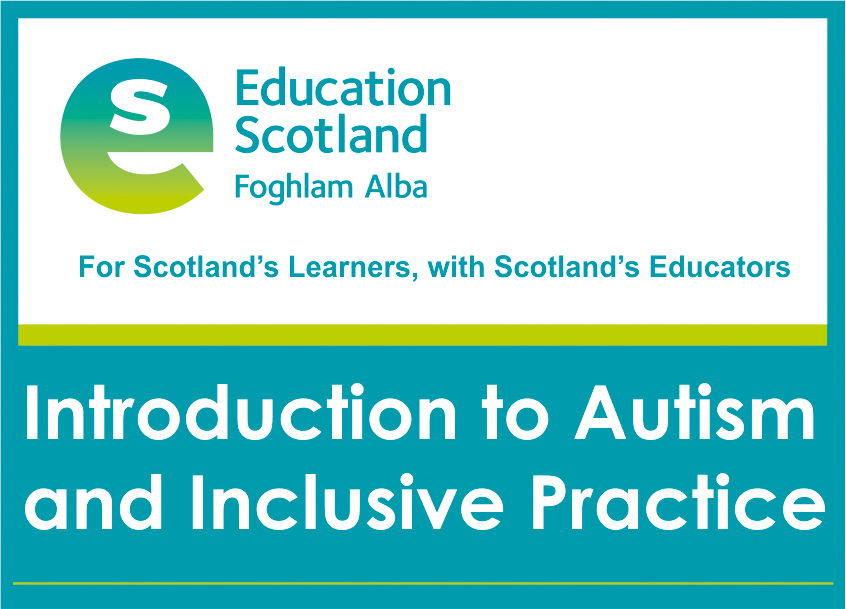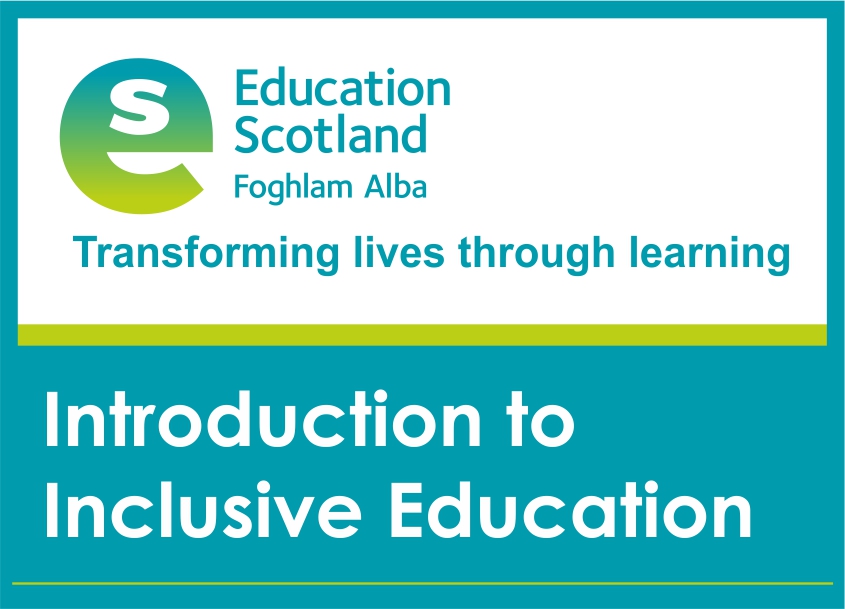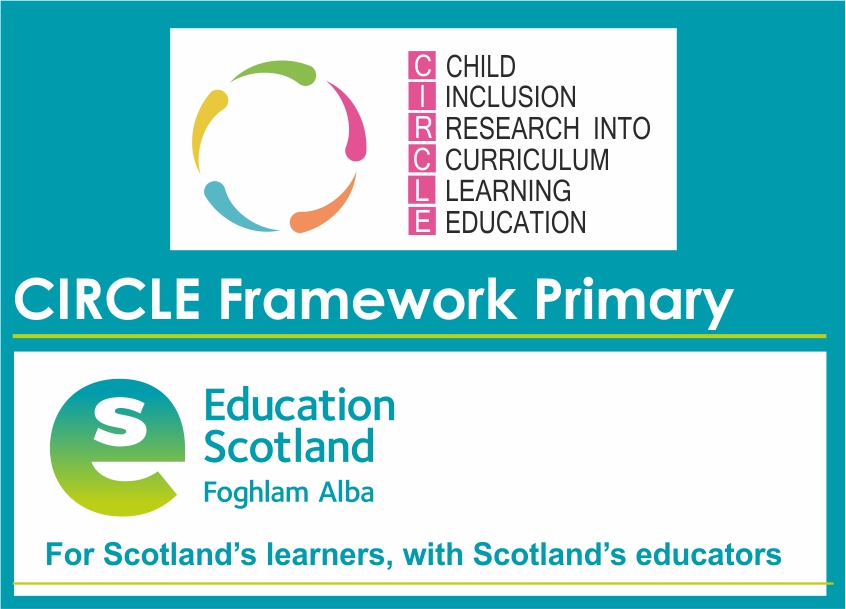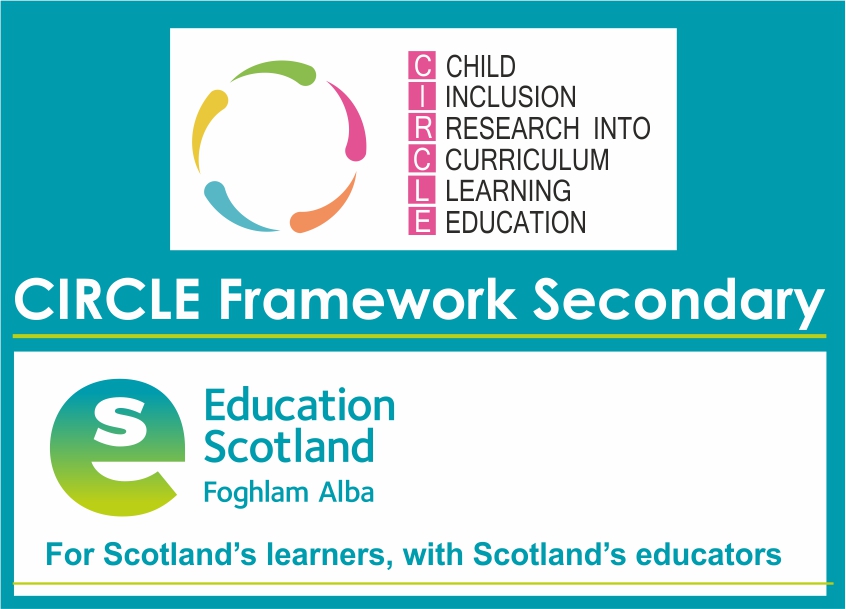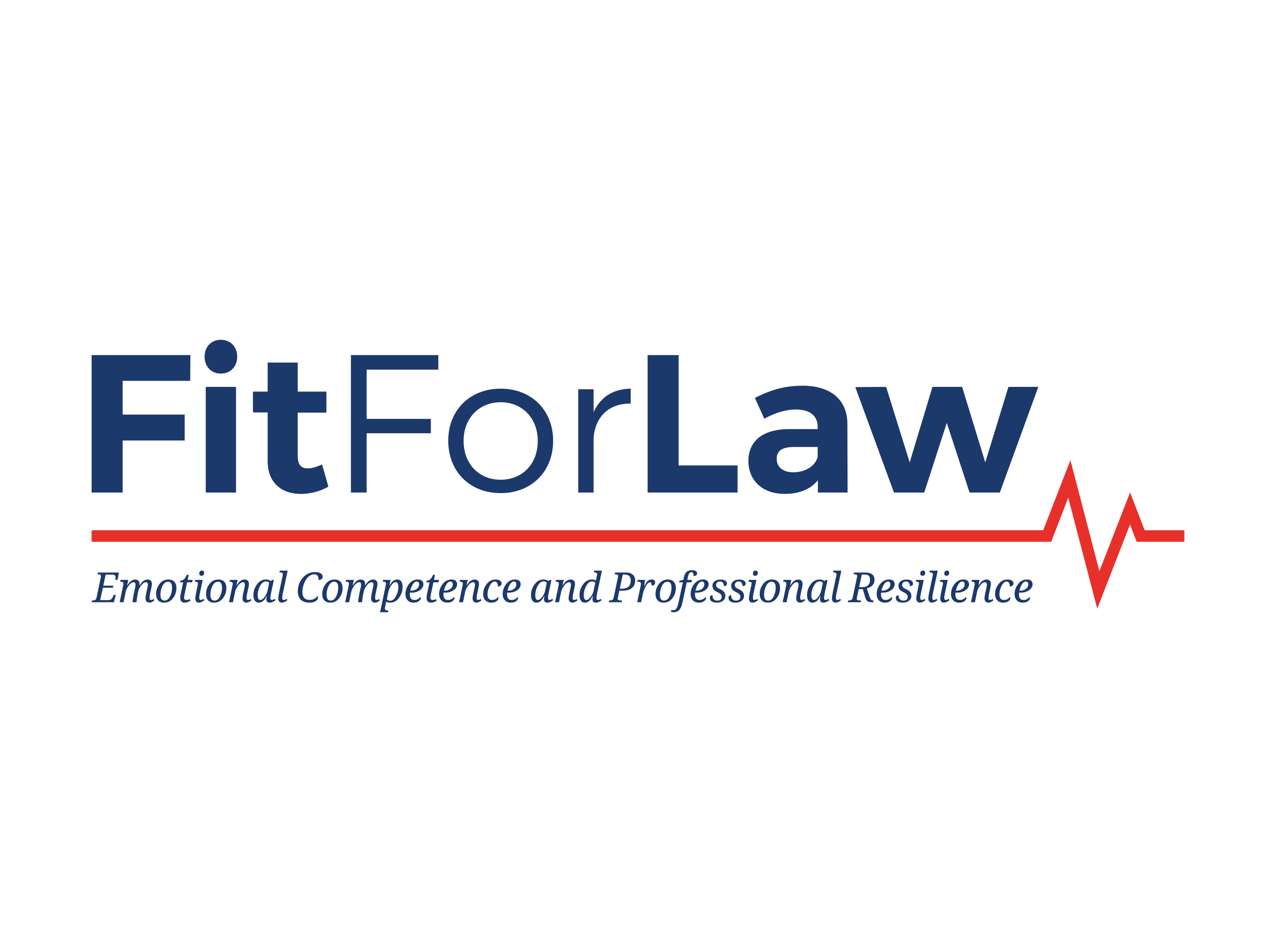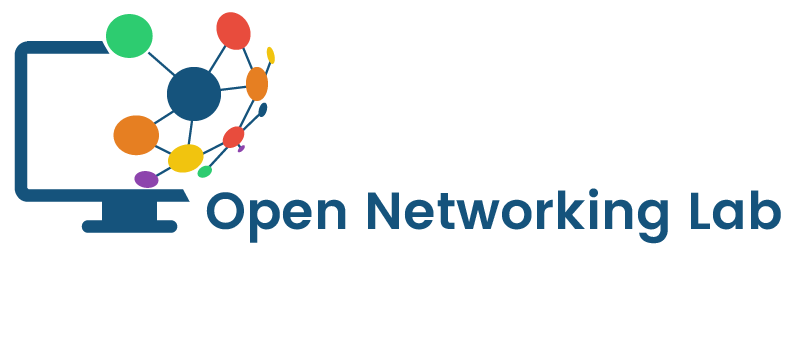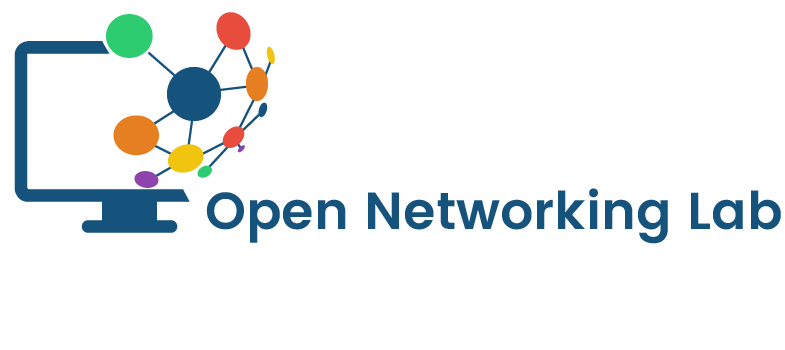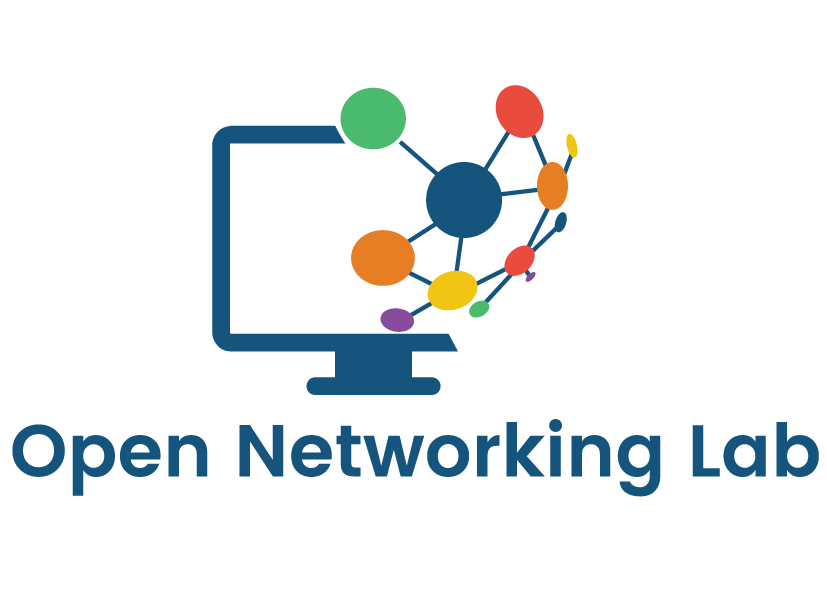-
-
Supporting Dyslexia, Inclusive Practice and Literacy
‘Supporting Dyslexia, Inclusive Practice and Literacy’ is designed to support teachers and local authority education officers to engage in reflective practice and to develop a deeper understanding of dyslexia and inclusive practice in relation to learners who are dyslexic.
Course
10 hrs
-
Dyslexia: Identification and Support
‘Dyslexia: Identification and Support’ is designed for Support for Learning Teachers/pupil support teachers and local authority education officers to deepen their knowledge and understanding of the identification process and appropriate supports for dyslexia. This course provides opportunities for practitioners to engage in reflective practice and develop their confidence when identifying and supporting dyslexia.
Course
20 hrs
-
Supporting Dyslexia, Inclusive Practice and Literacy
‘Supporting Dyslexia, Inclusive Practice and Literacy’ is designed to support teachers and local authority education officers engage in reflective practice, develop a deeper understanding of dyslexia and inclusive practice in relation to learners who are dyslexic.
Course
10 hrs
-
Dyslexia: Identification and Support
‘Dyslexia: Identification and Support’ is designed for Support for Learning Teachers/pupil support teachers and local authority education officers to deepen their knowledge and understanding of the identification process and appropriate supports for dyslexia. This course provides opportunities for practitioners to engage in reflective practice and develop their confidence when identifying and supporting dyslexia.
Course
20 hrs
-
Introduction to Dyslexia and Inclusive Practice for Community Learning & Development
An Introduction to Dyslexia and Inclusive Practice for Community Learning & Development (CLD) developed to provide an introduction for community educators and anyone within a CLD setting in Scotland to raise awareness of dyslexia and improve their inclusive practice.
Course
3 hrs
-
-
-
-
Everyday computer skills: a beginner’s guide to computers, tablets, mobile phones and accessibility
This updated course is intended to provide a basic introduction to digital skills for complete beginners, in an accessible way.
Course
16 hrs
-
Become an Open Learning Champion
This is a short course focussed on tips and strategies to enable and empower you to support your learners engage with OpenLearn and OpenLearn Create resources in a way that works best for their learning styles, prior learning experience and access to IT
Course
3 hrs
-
Caring Counts: a self-reflection and planning course for carers
This course was developed with and for carers. It will help you gain a clearer understanding of who you are, identify your personal qualities and recognise the range of skills and abilities you’ve developed from your personal experiences and whilst caring. It will also help you to look forward, to think about what you’d like to do now or in the future and to make plans that will help you get where you hope to be.
Course
10 hrs
-
Caring counts in the workplace
Caring Counts in the Workplace (a reflection and planning course for managers and policy makers) is a new version of the original course Caring Counts: a self-reflection and planning course for carers. It has been adapted by The Open University in Scotland for managers and policy makers and is aimed at supporting carers in the workforce. We have developed this in collaboration with the Equal Partners in Care project (Scottish Social Services Council and NHS Education for Scotland) and with Carers Scotland.
Course
5 hrs
-
Reflecting on Transitions
Reflecting on Transitions is a course developed in Scotland, by The Open University in collaboration with Bridges Programmes, to help with the process of reflection for learners from diverse backgrounds in a range of contexts. It is also for front-line staff and those supporting new migrants, refugees and asylum seekers. Bridges Programmes is a specialist agency promoting the social and economic integration of refugees, asylum seekers and migrants.
Course
5 hrs
-
Everyday computer skills: a beginner’s guide to computers, tablets, mobile phones and accessibility
This course is not accepting new enrolments as an updated version is now available. Learners already enrolled should continue with this course. The course is intended to provide a basic introduction to digital skills for complete beginners, in an accessible way.
Course
16 hrs
-
-
-
Open Business Creators Fund for Women in Business
Welcome to the Open Business Creators Fund for Women in Entrepreneurship powered by NatWest. This funding opportunity will enable applicants to take their plans forward through using tools to validate their ideas and by providing support and grant funding to pursue their ideas.
Competition
8 hrs
-
Open Business Creators Fund Spring 2025
Welcome to the Open Business Creators Fund. This funding opportunity will enable applicants to take their plans forward through using tools to validate their ideas and by providing support and grant funding to pursue their ideas.
Competition
8 hrs
-
Open Business Creators Fund for Disabled Entrepreneurs
Welcome to the Open Business Creators Fund for Disabled Entrepreneurs. This funding opportunity will enable applicants to take their plans forward through using tools to validate their ideas and by providing support and grant funding to pursue their ideas.
Competition
8 hrs
-
-
-
Climate Change and Sustainability
It is now universally recognised that human-induced climate change could have major adverse consequences for the world’s ecosystems and societies. Climate change is caused by the emission of greenhouse gases, which trap long-wave radiation in the upper atmosphere and consequently raise atmospheric temperatures. This also produces other changes in the climate system. Carbon dioxide is the most important of these gases and its atmospheric concentration has increased exponentially since the beginning of the industrial revolution as a result of fossil fuel combustion and land-use change. In 1800, the atmospheric concentration of carbon dioxide was about 280 parts per million; today it is about 350 ppm and rising. Similar increases have been observed for other greenhouse gases such as methane and nitrous oxide.
Course
2 hrs
-
The impact that climate change can have on plant growth and agricultural systems
This short introduction discusses how elevated CO₂ together with increases in drought and high temperature may impact upon the growth and development of plants, particularly with reference to some agricultural systems.
Course
5 hrs
-
Climate Change
Climate change is not going to happen alone. As our climate changes other global environmental problems are going to carry on occurring, such as habitat destruction, pollution, soil erosion and species extinctions. What we currently have very little understanding of is how all these things will interact in the future. Climate change may make some of these problems much worse and some of them may themselves contribute to climate change creating a feedback loop. This unit identifies several global change problems that may interact with climate change.
Course
3 hrs
-
Climate change: National, regional and local policy
Climate change is defining a new legislative and policty agenda for the United Kingdom, the European Union and globally. Whilst the overall direction is not yet fully defined, there is now clear national and international momentum towards substantive economic and planning intervention to control emissions of greenhouse gases and encourage the use of low carbon alternatives. This unit considers national, regional and local policy and legislation in the UK and elsewhere.
Course
3 hrs
-
Human activity and climate change
This unit seeks to identify a workplace’s impact on global climate change through its emissions of greenhouse gases (GHGs), notably carbon dioxide (CO₂), the most common such gas. It will then provide some guidance on how best to reduce that footprint, looking in turn at behavioural and management issues, relatively straightforward physical measures and transport.
Course
3 hrs
-
Reducing the carbon footprint of the place where I work
This unit seeks to identify a workplace’s impact on global climate change through its emissions of greenhouse gases (GHGs), notably carbon dioxide (CO₂), the most common such gas. It will then provide some guidance on how best to reduce that footprint, looking in turn at behavioural and management issues, relatively straightforward physical measures and transport.
Course
3 hrs
-
Geoengineering, Permaculture and Transition Towns
There is increasing concern among meteorologists working with the IPCC (Intergovernmental Panel on Climate Change) that governments will not curb greenhouse emissions enough to prevent dangerous levels of warming, usually considered to be 2C by 2100. Many members of the public must share this pessimism, and are also concerned about dwindling supplies of low cost petroleum. Among the possible responses to holding such a belief are: denial / avoidance, campaigning and focussing on adaptation. In this unit we will look at three alternative responses, all outside of mainstream thinking: geoengineering, permaculture and Transition Towns.
Course
3 hrs
-
Personal Action and Climate Change
This unit looks at how what we eat has a direct effect on climate change. It also considers the importance of how our food reaches our plates, who controls that process and why this makes a difference to climate change. The unit also explores the positive action that individuals and communities can take to act for change.
Course
5 hrs
-
How non human species adapt to climatic changes
This unit explores the effects of anthropogenic climate change on non human species. It explores examples of the way that different non human species adapt to climate change. It uses basic ideas in ecology to examine how species will, and, already are, adapting to changing climates. Finally, it looks at how these adaptations will affect biodiversity within the UK.
Course
3 hrs
-
Impact and our options for stabilising climate change
This unit considers the ways in which climate change affects us as individuals and where we live. It also considers what can be done to reduce or stabilise climate change. These key questions are explored - How does climate change affect me and where I live? What kind of changes might I be able to observe where I live? What kinds of change will be experienced in other parts of the world? What can be done to stabilise climate change? What can be done to reduce/stabilise climate change? What is the best way to reduce the risk of climate change?
Course
5 hrs
-
Economics of Climate Change
This short unit explains how decisions are taken about allocating scarce resources in a market economy, and why such decisions may have potentially disastrous effects on the environment including the climate.
Course
2 hrs
-
What can I do as an individual about climate change
There is now a strong global scientific consensus that climate change is real and due to CO₂ emissions from human use of fossil fuels. When considering action to reduce emissions, and prevent the worst impacts of climate change, large changes require government intervention and changes in corporate behaviour. However, there are many important actions that can be taken in parallel by individuals in order to move towards a lower-carbon lifestyle.
Course
7 hrs
-
Calculating my Carbon Footprint?
This unit seeks to explain what makes up a personal carbon footprint, and to identify alternative options in calculating one. For example, should footprints include emissions associated with goods and services purchased, or should they be restricted to directly attributable emissions, mainly from the use of energy and transport? There are many websites offering carbon footprint calculators, but the answers are almost always different. This unit will explain why this is the case, and allow you select the ones that you feel are most appropriate. Finally, a carbon footprint by itself achieves little; users need to be able to compare their carbon footprint with other people's, and to identify actions that might reduce the footprint to a desired level in the battle against global climate change.
Course
4 hrs
-
Energy options for the future
This unit will explore how both renewable and non-renewable energy sources may contribute to our energy future within a context of a need to meet carbon reduction targets. It will review current energy sources and technologies and their limitations and then explore future possibilities, a hydrogen economy, the use of nuclear energy and carbon capture.
Course
2 hrs
-
Introduction to Ecopsychology
This introduction to ecopsychology explores how climate change affects how we feel about our world and our future. We will explore how strong feelings triggered by this crisis can send us into denial and despair, hindering our ability to act meaningfully. We will also come to understand more about our emotional responses and how they can empower us to learn to live with climate change.
Course
2 hrs
-
Business and climate change
Businesses can be affected both directly from climate change and indirectly through government policies. Risks can occur from the impacts of predicted climate change effects such as increased temperature, extreme weather events, disrupted ecosystems and flooding of land. This unit is wrried for small and medium enterprises and people interested in how businesses can respond to climate change. It introduces key concepts such as risk, corporate social responsibility and engaging employees and enables businesses to quickly grasp the issues and opportunities for managing risks. Unit authored by Dr. Barbara L Jones
Course
5 hrs
-
Large Scale Action on Climate Change
National and international mitigation is mediated by a range of governmental and intergovernmental bodies and policies. The most famous of these is probably the Kyoto Protocol, but this is only a starting point, with a more effective global agreement required to sufficiently reduce carbon emissions and avoid dangerous climate change.
Course
10 hrs
-
How do we adapt agriculture to climate change?
This unit looks at how industrial agriculture is one of the anthropogenic causes of climate change. It goes on to consider what adaptations must be adopted in order to mitigate its impact on climate change. The concept of food security is introduced and its link to climate change explored. Finally, the notion of adapting agriculture through the way we design and live in cities is presented.
Course
2 hrs
-
-
-
Digital skills, digital learning
This course helps participants take stock of and improve their digital skills, and understand how to learn effectively in a Massive Open Online Course, or MOOC. It is aimed at society in general and requires 12 hours of study time.Click on 'Continue' below to enrol, track your progress and receive a Statement of Participation.
Course
12 hrs
-
Learning with MOOCs for professional development
This course helps participants understand how they can use MOOCs for learning, and how they can grow professionally studying a MOOC, whether or not they are already in employment. The course requires 12 hours of study time.
Course
12 hrs
-
-
-
Inclusion in Practice: The CIRCLE Framework – Primary
This ‘Inclusion in Practice: The CIRCLE Framework’ module has been designed for education practitioners in primary schools and local authorities with the aim of supporting equitable professional learning in Scotland.
Course
10 hrs
-
Inclusion in Practice – The CIRCLE Framework: Secondary
Secondary School ResourceThe Secondary CIRCLE Framework materials were written by Edinburgh City and Queen Margaret University. Full details of those involved in developing the CIRCLE Framework materials can be found in the Secondary CIRCLE Framework, which is available for download in the ‘Useful resources’ section 9. The Secondary CIRCLE Framework materials have been adapted by Education Scotland in consultation with Edinburgh City and Queen Margaret University to develop this module - ‘Inclusion in Practice: The CIRCLE Framework’.This version of the content may include video, images and interactive content that may not be optimised for your device. Copyright © 2019Intellectual propertyUnless otherwise stated, this resource is released under the terms of the Creative Commons Licence v4.0 http://creativecommons.org/licenses/by-nc-sa/4.0/deed.en_GB.
Course
10 hrs
-
-
-
RRI: Pesquisa e Inovação Responsáveis
Esta rede é aberta para todos os interessados em inovar através da pesquisa com resultados que beneficiam a sociedade. Os participantes incluem a Comunidade Educacional, Rede Cientifica, Empresa & Indústria, Organização Social e Gestores de Políticas. Este espaço de acesso aberto foi desenvolvido no decorrer de vários projetos Europeus com colaboradores de Universidades Brasileiras.O conteúdo co-criado com a participação de vários grupos de pesquisas de universidades e está em contínua atualização através da contribuição de todos os participantes. Sejam todos bem-vindos,Rede RRI Brasil
Course
6 hrs
-
-
My OpenLearn Create Profile
- Personalise your OpenLearn profile
- Save Your favourite content
- Get recognition for your learning
Already Registered?
